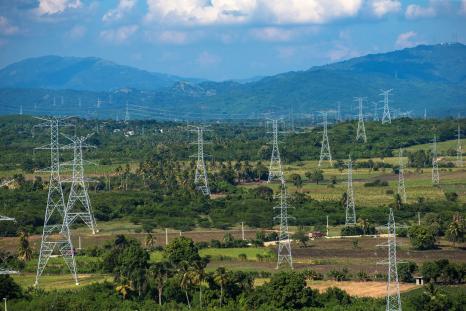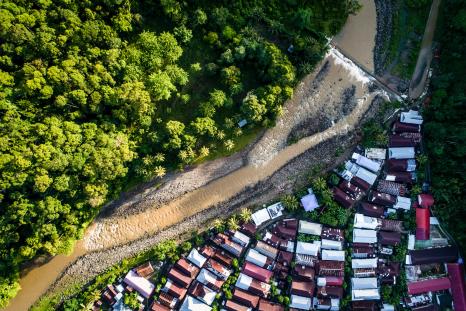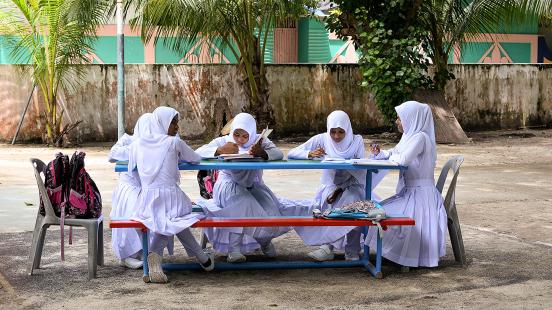Our policy briefs present analysis and policy recommendations for addressing sustainability challenges, in a short and accessible format. They inform high-level policymaking and debates, enhance research uptake and provide actionable recommendations for decision-makers at the global, national and local levels.
More than 40 briefs have been published since the launch of the series in 2015, each based on UNU-IAS research within the institute’s thematic areas. An external peer review process engages both scholars and policymakers to ensure quality, accuracy and added value.
All UNU-IAS Policy Briefs are available to read and download through UNU Collections.




